What is a Bitcoin Fork?
Unlike a stock split, the new shares still refer to the original company; a Bitcoin fork creates new assets out of thin air at zero cost and grifts them to existing holders. A fork does not affect the 21M supply limit.

You may have heard a lot of noise in the media about Bitcoin “forking.”
Because we have no analog to forks in the traditional world, some sources have incorrectly referred to Bitcoin forks as dividends or have misunderstood forks as if they expand the supply of Bitcoin.
The truth, however, reveals itself in market data. Unlike a stock split, where the resulting shares still refer to the original company, a Bitcoin fork is much more analogous to creating new unrelated digital assets out of thin air at zero cost and gifting them to existing holders of Bitcoin. A Bitcoin fork does not affect the 21 million supply limit of Bitcoin itself.
Let’s dive in.
Imagine you have the world’s gold stored in the ultra-securely engineered Fort Knox under heavily armed guard. You build a small, poorly engineered shack and call it Fort Knox Lite, securing it with a single guard. You paint some rocks a gold color and put them in the shack. You then announce to the world that you’ve “forked gold” and issued every holder of gold an equivalent amount of free rocks inside your shack.
We need many miners guarding Bitcoin, making it expensive to 51% attack. A fork of Bitcoin that has only a few miners, just like your poorly protected shack, is easy to attack. The code is probably structurally unsound, built by a small inexperienced team of developers with poor peer review, just like your shack. Forked coins aren’t accepted by any existing nodes because they break the rules of Bitcoin.
Likewise, people with chemical tests for gold wouldn’t accept gold-painted rocks. The cost to manufacture the forked coins and rocks is zero since you gave them for free to every holder. This limits the market’s interest in forks of Bitcoin.
For example, let’s look at Bitcoin Cash (BCH), possibly the best-marketed fork of Bitcoin. This coin launched in 2017, at the tail of a long war over the Bitcoin block size. This parameter affects both the transactional capacity and decentralization aspects of Bitcoin. Everyone who held Bitcoin was given equal amounts of the new coin. Many Bitcoin holders immediately sold this “costless” variety to accumulate more of the truly scarce original Bitcoin, driving the price lower. Although this coin shares more than 99% of its code and thus technical DNA with Bitcoin, the market has valued it at only around 3 to 4% of Bitcoin’s value. Dozens more forks followed, trying to co-opt Bitcoin’s brand name, but the market valuations of those fared even worse.
As you consider the thousands of cryptocurrencies that have been created, none of which have significant market value and almost nonexistent liquidity, ponder this paradox: creating Bitcoin forks is free and easy. However, changing the rules of Bitcoin or creating new Bitcoins is anything but easy. Next time you hear someone with limited Bitcoin knowledge ask why Bitcoin is special, answer with that.
Sign up to start saving Bitcoin
Buy automatically every day, week, or month, starting with as little as $10.
Yan Pritzker is the co-founder and CTO of Swan Bitcoin, the best place to buy Bitcoin with easy recurring purchases straight from your bank account. Yan is also the author of Inventing Bitcoin, a quick guide to why Bitcoin was invented and how it works.
More from Swan Signal Blog
Thoughts on Bitcoin from the Swan team and friends.
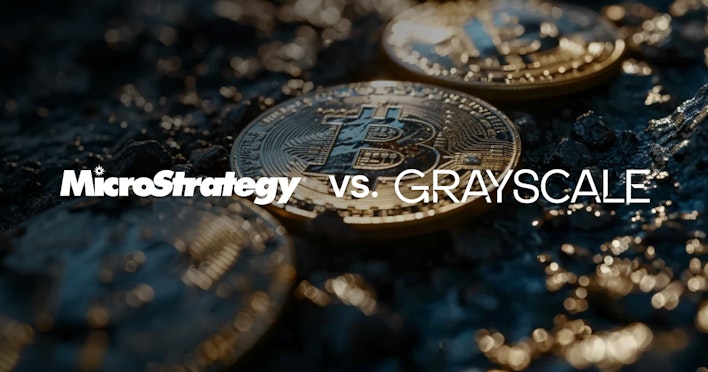

MSTR vs. GBTC Compared: Which is Best in 2024?

By Drew
This article compares MSTR and GBTC, offering insights for investors by examining their features, benefits, performance, fees, and drawbacks, focusing on their role in Bitcoin investment strategies.
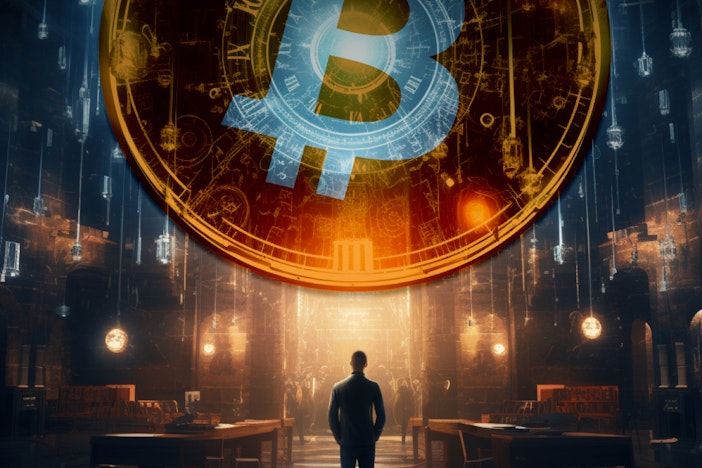
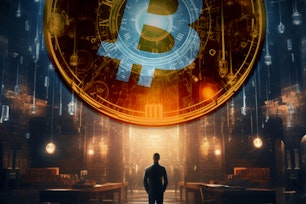
Changing Bitcoin: The Past, The Present, and The Future (Part One)

By Tomer Strolight
For Bitcoin to achieve the lofty goals many have for it, its rules will need to change. This three-part series of articles will tackle what it takes to change Bitcoin.
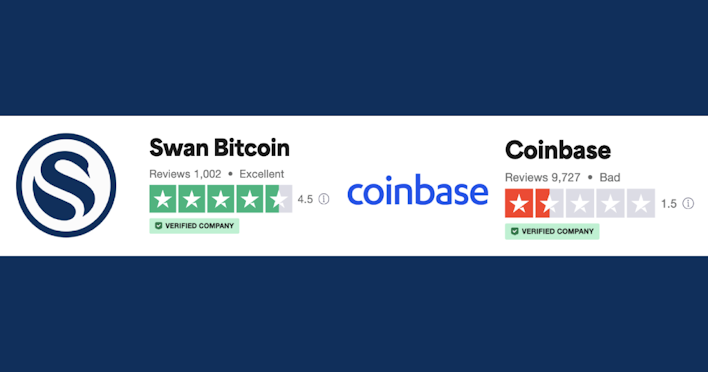
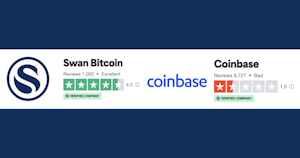
4 Reasons to Avoid Coinbase In 2024?

By Matt Ruby
The crypto platform is facing all kinds of problems. Is it time for customers to seek out an alternative?